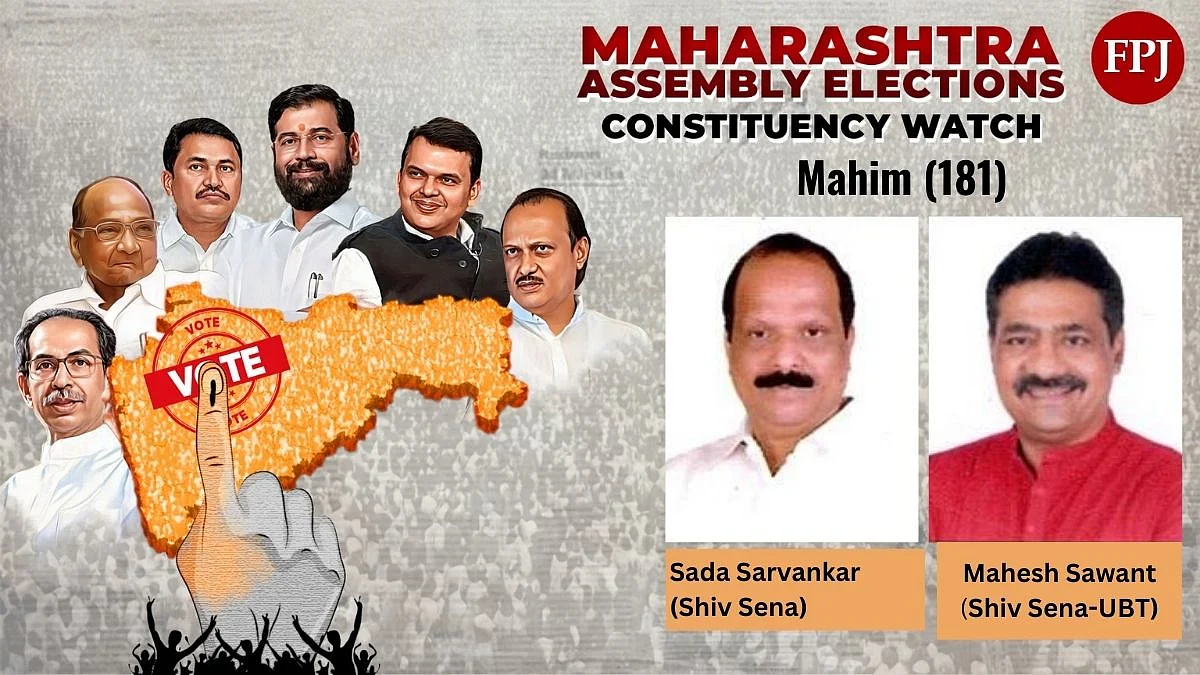Mumbai: The Bombay High Court said on Tuesday that other than showing backwardness of the Maratha community, the Maharashtra government will have to justify breaching the 50% limit laid down by the Supreme Court, while granting 10% reservation to the community in government jobs and educational institutions.
A three-judge bench of Chief Justice DK Upadhyaya and Justices Girish Kulkarni and Firdosh Pooniwalla asked the State to justify its reservation to the Maratha community while hearing a batch of petitions challenging the move.
The law granting 10% reservation to the community under the Socially and Educationally Backward Class category was passed on February 20 by the Maharashtra legislature based on the report by the Maharashtra State Backward Class Commission (MSBCC) led by retired Justice Sunil B Shukre. The Governor’s notification was issued on February 26. Several petitions were filed challenging and supporting this order.
State Advocate General Birendra Saraf submitted that nothing prevents the state government from granting reservation to a community which is not adequately represented, and not just socially and educationally. He said that the state has made an “endeavour” to analyse the SC’s judgement in Jayshree Patil case, by which the apex court quashed the reservation granted to Maratha community in 2018, and “plug the faults”.
The state government has earlier granted reservation to the community on two occasions. In 2014, the court has restrained the government from going ahead with the reservation whereas on 2018, it quashed the reservation on a plea by advocate Jayshree Patil.
Saraf explained how the MSBCC undertook the survey to study the backwardness of the community. To this, the court said other things would take a backseat, and the state would have to justify breaching the 50% quota for reservations. The apex court, in Indra Swahney case had said that total quota must never exceed 50% in any state.
“The report, methodology, comparison for backwardness and all will take a backseat. The basic premise of challenge in these petitions is the test evolved in Indra Sawhney case for exceeding the limitation. It says it can’t be breached but there are certain conditions. How are those conditions met?” the bench asked.
Saraf replied that first the backwardness of the community has to be determined. “Once (backwardness is) determined then see whether the limit can be breached,” Saraf added.
“Just because some (State) Chief Ministers happen to be from a particular community doesn’t mean that the entire community is not backward,” Saraf emphasised.
Notably, Maharashtra has had 12 chief ministers who were from the Maratha community, including the current CM Eknath Shinde and deputy chief minister Ajit Pawar.
Saraf further argued the state has the power to identify backward class community. “It need not be in consonance with the central list. Ultimately it is the state's prerogative to make the list,” he added.
The bench questioned on how the current reservation was different from the one granted last time, which was stuck down by the apex court noting that there were no “extraordinary circumstances” for granting reservation.
“The Supreme Court examined not only the constitutional aspect but also on facts. Particularly, the SC said — we find no extraordinary circumstances under which Maratha community was given reservation exceeding 50%. You (State) will have to make good what was changed in circumstances,” the bench underlined. The HC will continue hearing the arguments on December 5.







